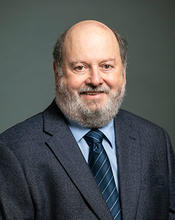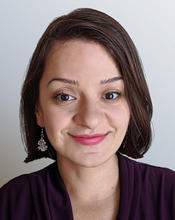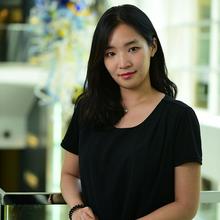- March 28, 2023
There’s no one-size-fits-all solution to growing a franchise business. But stock market reactions to companies’ strategic moves can give you more than a clue.
- March 20, 2023
Mason research shows that hiring internal auditors, and giving them proper organizational authority, can be the first steps toward addressing the root causes of business failure.
- March 15, 2023
A George Mason University professor is working on ways to measure one of the great intangibles of today’s companies: employee talent.
- March 9, 2023
The moment a brand publicizes its good works, it’s at risk of seeming cynical. A Mason professor offers research-based advice on how to generate lasting brand value from sustainability.
- March 8, 2023
An explosion of digital technology made today’s hybrid workplace possible, but it couldn’t upgrade the analog infrastructure that is the human brain.
- March 24, 2023
Financially troubled U.S. hospitals are petitioning for more support from the federal government, but handouts won’t fix the underlying problem.
- February 28, 2023
Negotiation is a critical skillset in business and in society. Negotiation is a complicated, joint decision problem where parties can, potentially, make each other better off—but also have some competing interests. Einav Hart, assistant professor of management at George Mason University, suggests that our relationships and context influence how we should negotiate—and even whether it is a good idea to negotiate at all.
- February 22, 2023
Human trafficking is a global crisis of overwhelming scope. Fortunately, anti-trafficking organizations can use AI to predict the criminals’ next moves–with the help of a George Mason University professor.
- February 2, 2023
Thanks to TikTok, Twitter, Instagram et al, we are living in the age of social influence. But how can influence be harnessed to make the world a better place? Yun Young Hur, assistant professor of information systems at George Mason University School of Business, explores that question in a recently published paper in Information Systems Research.
- January 31, 2023
Research by Mason Accounting Professor Bret Johnson, a former SEC staff accountant and academic fellow, shows how seemingly mundane intra-agency policies can have unintended effects that benefit Wall Street over Main Street.










